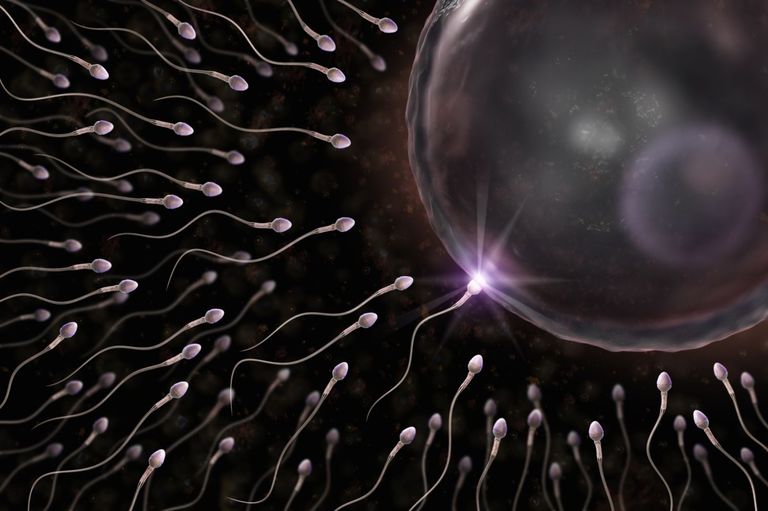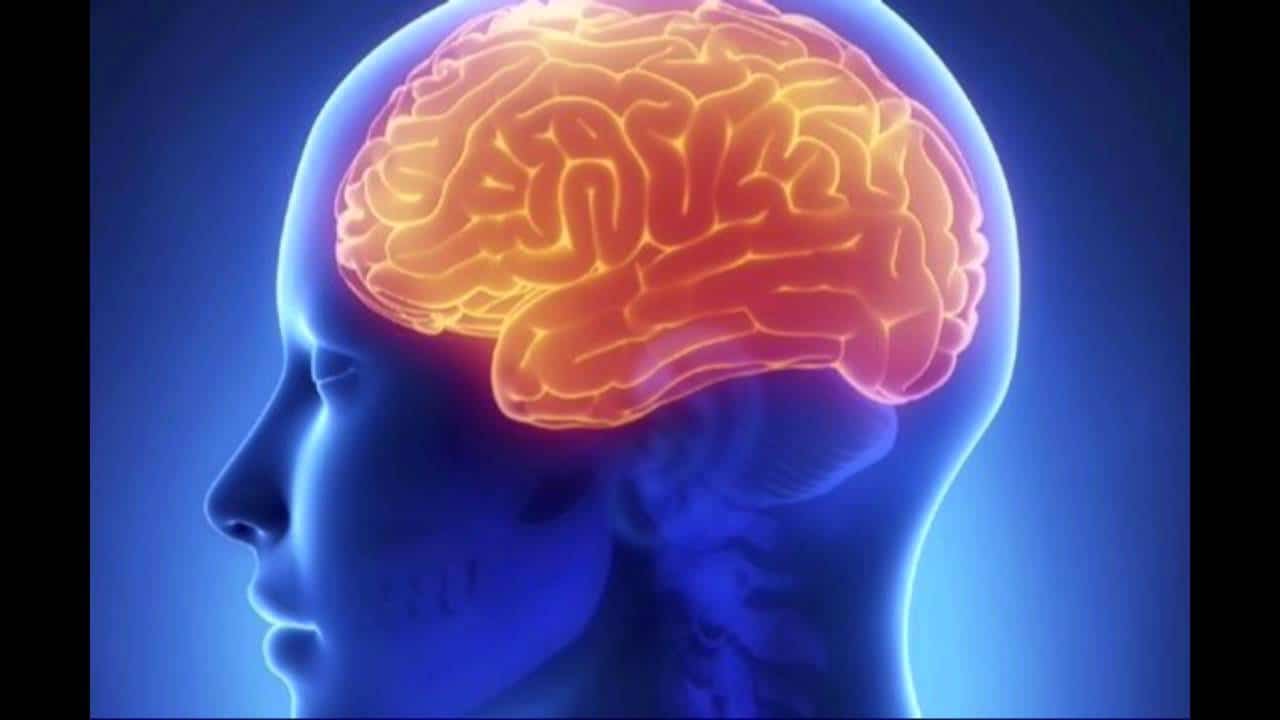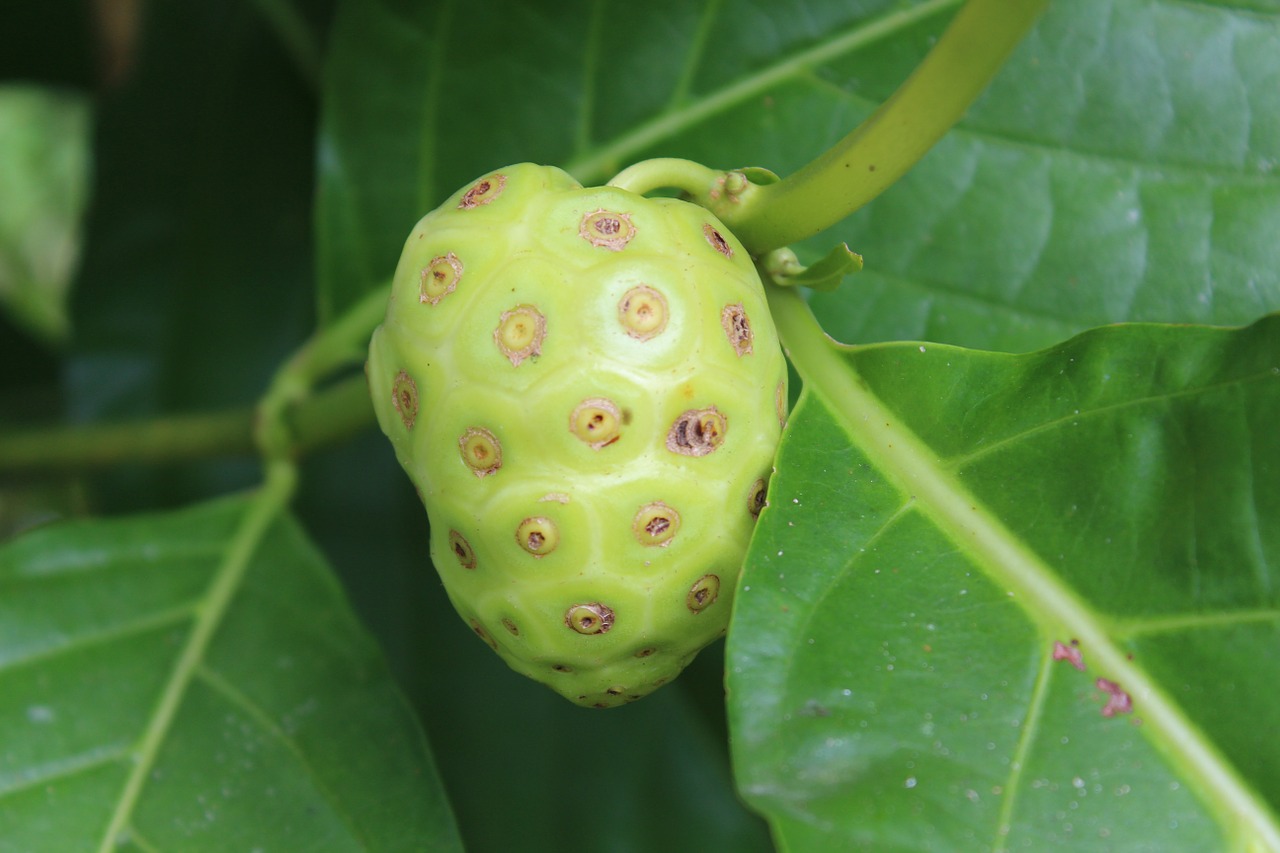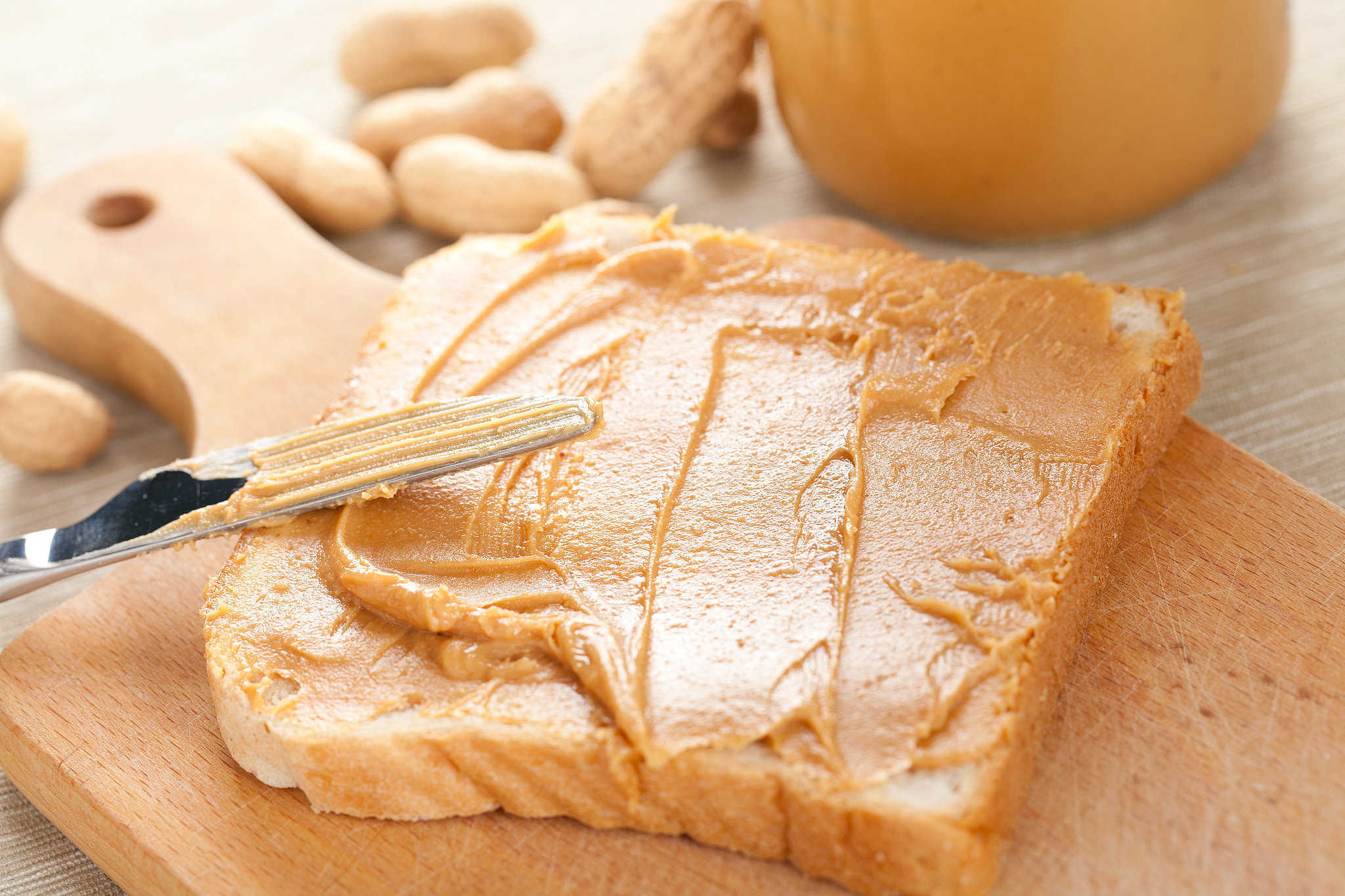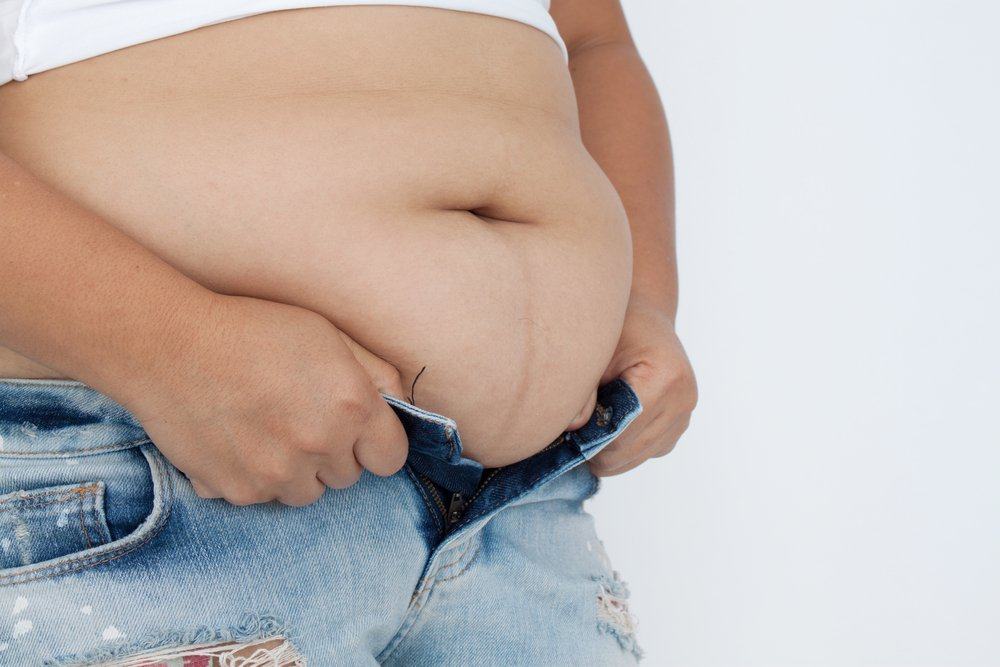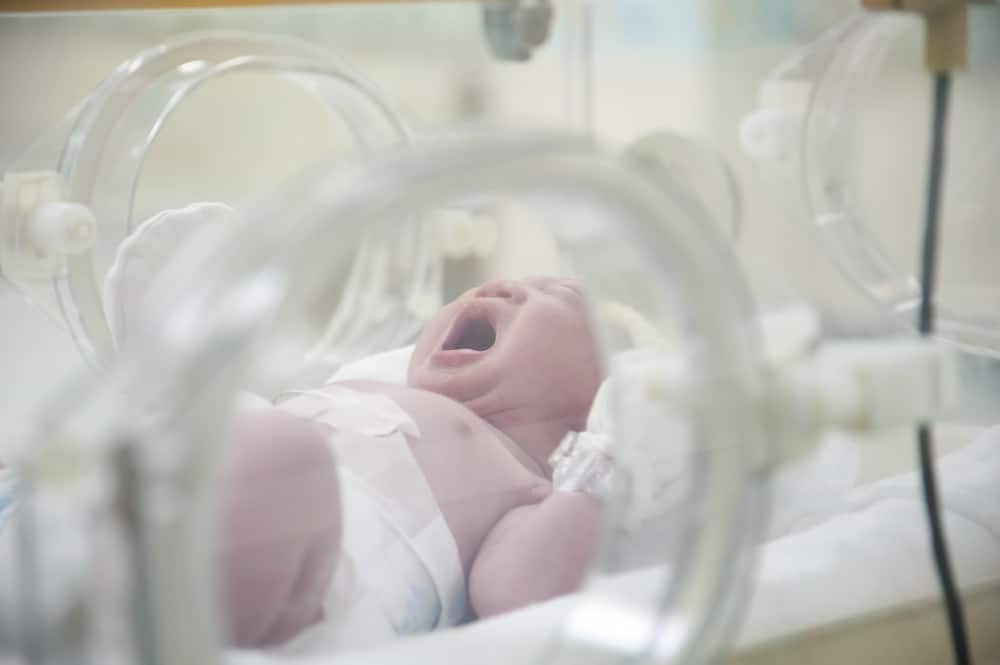Contents:
Medical Video: Insect Bites and Stings | Insect Bites Treatment | How to Treat Insect Bites and Stings | 2018
1. Definition
What is itching due to insect bites?
Mosquito bites, mites, lice, and other insects usually often cause itchy red bumps when exposed to our skin. The size of a lump after being bitten by a mosquito is usually very small, but if the mosquito bites close to the eye, the resulting lump is usually large and occurs for up to two days. The characteristics of mosquito bites are the appearance of itching and bumps at the point where the mosquitoes bite. Bites usually hit the surface of the skin that is not covered in clothing, and the frequency is more common when it's hot or in babies.
Some mosquito bites in children can become sensitive and cause hard lumps that last for months. Unlike mosquitoes, fleas and mites cannot fly; therefore, they crawl under clothes to bite. Flea bites can produce wounds if those bitten are children.
What are the signs and symptoms?
Insect bites or stings appear due to poisons or other substances that come from insects that enter your skin. The body's immune system and sensitivity to insects are what determine what reactions will be experienced. Most people don't have a serious reaction, even in those who have a history of allergies or asthma. However, the risk of a more serious reaction can happen to anyone. Bees, wasps, sting bees and fire ants can cause anaphylactic reactions. You must have been stung before if you experience an anaphylactic reaction.
Mild reactions are usually in the form of itching or feeling a stinging sensation, and a mild swelling and redness appear on the surface of the skin. Symptoms of a mild reaction usually disappear within a day or two. The severity of your reaction depends on your sensitivity to insect poisons and whether you have been stung or bitten more than once.
Severe and rare reactions are usually referred to as anaphylactic reactions and are most often caused by bees, wasps, and fire ants. Severe anaphylactic allergic reactions require immediate medical treatment.
You should get medical attention immediately if the following symptoms appear:
- Nausea, vomiting, stomach ache
- Swelling in the face, difficulty swallowing
- Difficulty breathing, rapid breathing, whooping cough, hoarseness, and maybe the chest feels uncomfortable
- Weak, dizzy, cold / moist skin, fainting or unconsciousness
- Itching all over the body
2. How to handle
What should I do?
Apply it calamine lotion or baking soda paste on bumps. If the itching that you feel is severe, apply 1 percent of the cream hydrocortisone without prescription. Antihistamine drugs taken usually do not work to reduce itching.
Another way to reduce itching is to give a kind of strong pressure, directly at the bite for 10 seconds. You can use nails, close pens, or other objects to press bite marks.
Don't scratch the bump because this will add to the itching. Don't also scrape bite marks, because the bumps can become infected.
When do I have to see a doctor?
Contact a doctor if:
- Itching makes you unable to sleep
- The bite marks get infected due to scratching
- You feel there are conditions that need to be examined
3. Prevention
The bites caused by these insects can be prevented by applying mosquito repellent lotion on clothing or on skin that is not covered in clothes before you or your child goes out of the house or when playing to areas with lots of mosquitoes such as parks and forests. Anti-mosquito lotion can be used in infants (especially those aged less than 1 year), because they have not been able to brush off mosquitoes near them.

